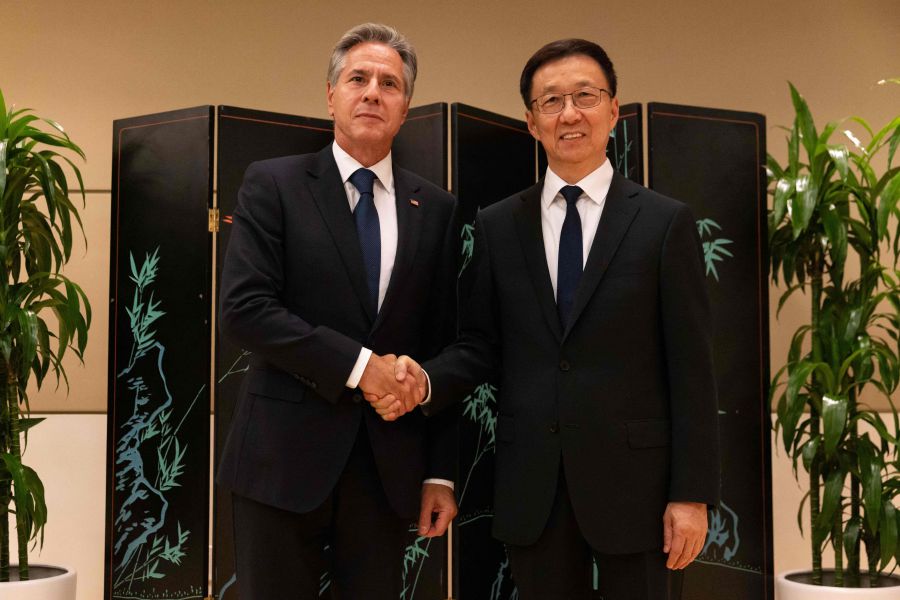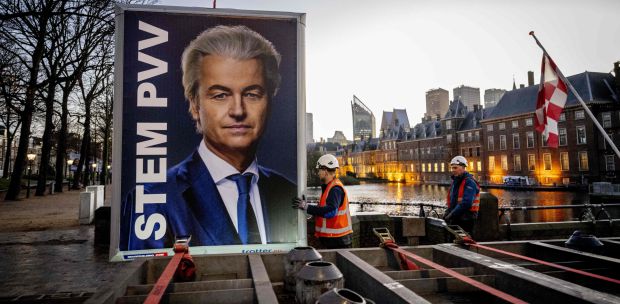PRIME Minister Datuk Seri Anwar Ibrahim has in less than a year in office made two trips to China, primarily to drum up business and investments.
This is all good and, if nothing else, highlights China's economic heft looming over much of the world and, in particular, our region.
The visits come at a time when the rivalry between China and the West, in particular the United States, shows no sign of abating and seems to be intensifying by the day.
To be sure, Malaysia can reap substantial gains from so-called "friend-shoring": Western companies seeking a "China-plus" strategy to re-locate from China in order to minimise geopolitical risk, as well as Chinese companies doing likewise in order to maintain access to Western markets increasingly hostile to China's exports.
We must be agile enough through friendly policies to accommodate and reap such economic gains. But, the fact remains that geopolitical tensions between China and the West are a real dampener to the overall good globalisation has wrought over the past 40 years.
Without globalisation writ large, particularly China's entry into the World Trade Organisation (WTO) in 2001, China's modern economic miracle would have been considerably less stupendous, while the West and the rest of the world would not have enjoyed the low-priced consumer goods made possible by China's manufacturing capacity.
Given all these economic benefits of globalisation, it seems madness that we are now witnessing a confrontation on multiple fronts between China and the West. There is talk of a new Cold War and even the likelihood of a hot war is being bandied about.
Can anything be done by anyone to stop this lurch towards insanity? Unfortunately, the possibility seems remote if we revisit the genesis of this ill turn in global politics.
The Financial Times carried an analysis this week which said: "Some US policymakers now look back to the decision to admit China to the WTO as a mistake. They believe that the huge boost this gave to Chinese exports also contributed significantly to the deindustrialisation of America. Rising inequality in the US then helped to fuel the rise of Donald Trump.
"This raises an awkward question. What if globalisation, far from promoting democracy in China, undermined democracy in the US? It would be an amusing historical irony — if we were not living with the consequences."
The connection can be drawn between the lack of significant political loosening in China (to say nothing of Western-style democracy) and democratic backsliding in the US, leading both powers in a race to the bottom as US President Joe Biden adopts facets of an industrial policy to counter China's.
The growing Sino-US mistrust and mutual recriminations make it counter-intuitive to suggest such a dangerous slide in their relationship can be arrested by just one side rather than a collective resolve by both Beijing and Washington.
The latest efforts by Washington to "manage" the rivalry with Beijing, and China's seeming blind spot in pinning almost the entire blame for this rivalry on the US speak to an almost tragic gap in both countries' worldviews.
Both countries and their peoples seem to share a mutual dislike: China and its people were appalled by the Trump administration, while the US and Americans abhor China's political system.
The fate of much of the globe probably hinges on both superpowers having a healthy respect for their own capacity to influence and shape the other, for good or ill.
Any decoupling of "Chimerica" will inflict pain on all, not least China and America.
The writer views developments in the nation, region and wider world from his vantage point in Kuching






